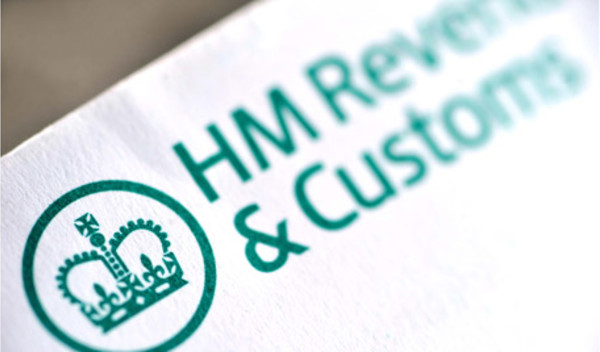

HM Revenue and Customs (HMRC) has won an appeal to charge £61,383 in capital gains tax on a property that had not been built.
In a ruling on 26 September 2018 the Upper Tribunal decided HMRC was right to apply the tax to the whole period of ownership of a person's property from the moment he bought it off plan.
In 2004, Desmond Higgins paid a reservation deposit secured against an off-plan two-bedroom apartment in London, followed by two further deposits in 2006 and 2007, but construction was delayed and he was not able to take up residence in the property until January 2010.
In January 2012, Mr Higgins sold the property and consequently was assessed by HMRC as owing capital gains tax of £61,383 for the tax year 2011-2012 - assessed including the period leading up to 2010, when the property had not yet been built.
An appeal by Mr Higgins against the capital gains amount was originally upheld in the First Tier Tribunal on the grounds he was entitled to full relief on the basis that it was his main residence throughout his period of ownership, which started when he was first able to occupy the property in 2010.
Private residence relief exempts a taxpayer from capital gains tax if they sell a property which has been their main residency for the time in which it was owned.
Mr Higgins stressed that although he had intended to occupy the property prior to 2010, it did not then exist.
However, last week the Upper Tribunal (tax and chancery chamber) decided in favour of HMRC.
It ruled that the capital gains tax was applicable through the whole of Mr Higgins’ period of ownership which, it agreed, had started before he occupied the property, despite it still remaining off-plan for parts of it.
The relief was found to only apply to the period in which Mr Higgins directly occupied the property from January 2010 to January 2012.
Tim Stovold, head of tax at Kingston Smith, said Mr Higgins will have to pay capital gains tax that refers to a period of time when the property did not in fact exist.
He said: "Truly this is the world of ‘Alice through the Looking Glass’.
"This ruling does seem bereft of common sense. Given the current shortage of houses, there will be many people who buy their home off-plan.
"It is a timely warning of the dangers of doing so. Effectively, buying off-plan means that any gain is likely to have an investment element taxed at 28 per cent."
Alistair Cunningham, financial planning director at Wingate Financial Planning, said the judgement seemed harsh but should not have widespread consequences for property buyers.
He said: "I am not sure the risk of capital gains tax will have a massive impact on off-plan properties as there are a whole heap of separate issues to consider first when it comes to that sector.
"For example, the issue of over valuation and off-plan mortgages are far more fundamental than a tax liability that may never happen if the property cannot be sold again in the first place."
rachel.addison@ft.com



